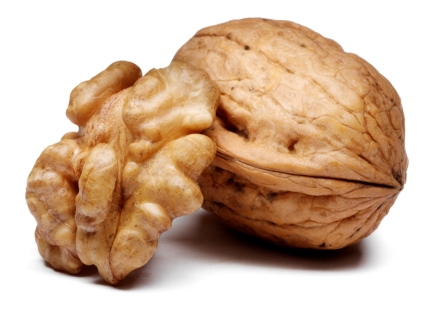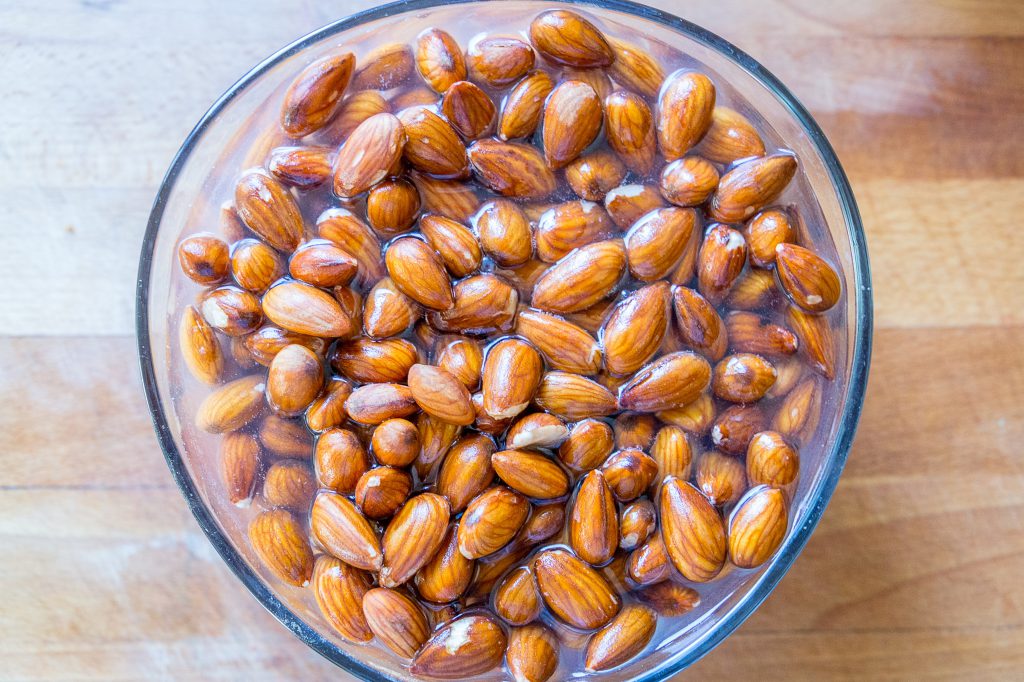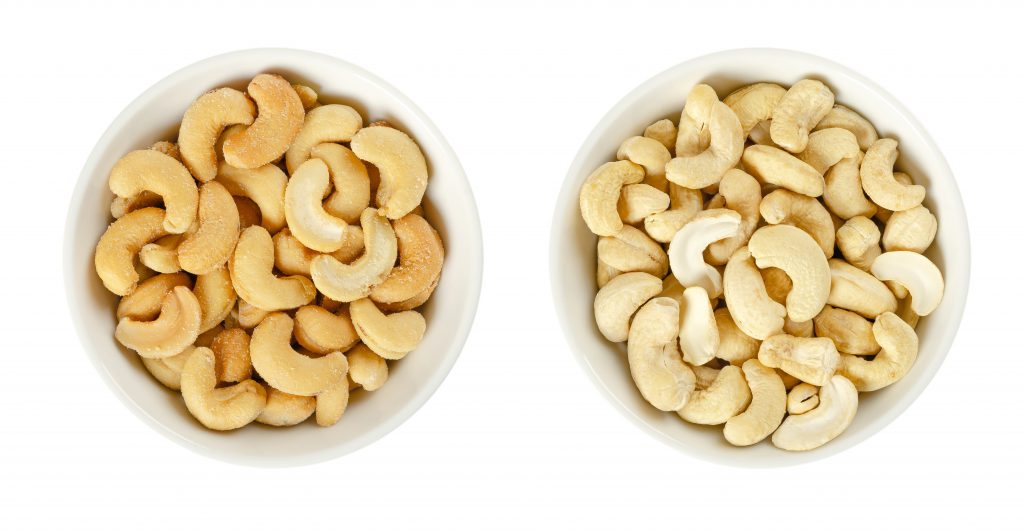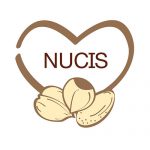Nuts and dried fruits have been in our diets for a long time and, in recent years their health benefits and the importance of adding them into our daily lives is getting more widely known. But even so, nuts and dried fruits have still been suffering some myths related with their health benefits or nutrient content – some of them true and some of them false. In this article we are going to uncover the truths and debunk the myths about nuts and dried fruits.
Myth 1: Nut Consumption Leads to Weight Gain
The belief that nuts are a fattening food has been commonly accepted for decades and therefore, it has long been assumed that nut intake leads to a weight gain. It is true that nuts are energy-dense foods and also high in fat, but they are especially high in unsaturated fats, also known as healthy fats. Research evidence showed us that when compared to a nut-free diet, the presence of nuts in a diet leads to a more moderate weight increase. The results revealed that those participants who had consumed more nuts (more than one serving per week), incorporated to a standard diet, did gain weight, but less than those who hadn’t[1]. Another study concluded that incorporating nuts as part of a healthy dietary pattern by replacing less healthful foods may help mitigate the gradual weight gain common during adulthood, and beneficially contribute to the prevention of obesity[2].
Moreover, incorporating almonds into your diet, for example as a mid-morning snack may help reduce overall hunger, so they also may be effective for appetite control[3]. And, a daily intake of 44 g of pistachios over 12 weeks may help improve nutrient intake without affecting body weight[4].
Myth true or false: false
Myth 2: Walnuts May Help Improve Brain Health
The Greeks called the walnut “karyon” (head), because it looks like a human brain. For this same reason, for centuries the Chinese have believed that walnuts are good for the brain[5]. This fact is, is that this fact is not false at all. Recent research suggests that walnut consumption may help improve cognitive function (brain health) and may also reduce the risk of other diseases, such as cardiovascular disease, depression and type 2 diabetes, which are risk factors for the development of dementia[6]. Now there a reason to add walnuts to your diet.
Myth true or false: true
Myth 3: The Sugar Content of Dried Fruits Promotes Dental Cavities?

Traditional dried fruit is simply fresh fruit with water removed. They contain naturally occurring sugars (not added sugars), with fructose and glucose being the most common. Due to their stickiness and natural sugar content, it has been thought that dried fruits could cause tooth decay. This is the case of an urban myth according to Jennette Higgs, Registered Public Health Nutritionist & Dietitian, and principal consultant for Food to Fit[7]. Scientific evidence suggests the contrary. For example, bioactive compounds found in raisins appear to have antimicrobial properties that inhibit the growth of bacteria that cause cavities and gum disease[8].
Advice on dried fruit consumption should also take into account their nutritional benefits, being a source of fiber, low in fat and containing useful levels of micronutrients.
Myth true or false: false
Myth 4: Soaked Nuts Better for You

Recommendations to soak nuts prior to consumption to reduce phytate concentrations and improve gastrointestinal tolerance have received much attention in the popular press. Phytates or phytic acid is a substance found in plants that when eaten by humans, can reduce absorption of nutrients (specially minerals) from the diet. For that reason, soaking nuts before eating them has been so popular in recent years. This is despite no supporting scientific evidence for the practice.
However, a 2018 study, primarily assessed the effects of soaking almonds on consumer acceptance and secondly assessed effects on gastrointestinal tolerance. Results observed that nuts were well tolerated gastrointestinally, but soaking does not improve gastrointestinal tolerance or acceptance as claimed in the lay literature[9]. With regards their phytate content, soaking resulted in lower mineral concentrations, especially for chopped nuts. But this research does not support claims that ‘activating’ or soaking nuts results in greater nutrient bioavailability/absorption[10].
Myth true or false: false
Myth 5: Raw vs. Roasted Nuts

Many people wonder whether raw nuts are healthier than roasted. It is a common myth that some people think that with the roasting process the nutritional properties in nuts, specially vitamins and minerals, could decrease. The fact is that nuts are generally roasted to improve their taste, aroma and crunchy texture.
To prove the point, scientific studies observed that nuts roasted at suitable temperature and time demonstrated excellent antioxidant activities[11] therefore showing that, when done correctly, roasting does not affect nutritional properties in nuts.
Tip: Try to eat nuts plain, just raw or roasted rather than with salt or sugar added.
Myth true or false: false
Now that we have been dispelling some of the myths around nuts and dried fruits, don’t forget to include them into your diet! Get some ideas here.
[1] Freisling, H., Noh, H., Slimani, N., Chajès, V., May, A. M., Peeters, P. H., Weiderpass, E., Cross, A. J., Skeie, G., Jenab, M., Mancini, F. R., Boutron-Ruault, M. C., Fagherazzi, G., Katzke, V. A., Kühn, T., Steffen, A., Boeing, H., Tjønneland, A., Kyrø, C., Hansen, C. P., … Sabaté, J. (2018). Nut intake and 5-year changes in body weight and obesity risk in adults: results from the EPIC-PANACEA study. European journal of nutrition, 57(7), 2399–2408.[2] Liu X, Li Y, Guasch-Ferré M, et al. Changes in nut consumption influence long-term weight change in US men and women. BMJ Nutrition, Prevention & Health 2019;bmjnph-2019-000034. doi: 10.1136/bmjnph-2019-000034[3] Hollingworth, S., Dalton, M., Blundell, J. E., & Finlayson, G. (2019). Evaluation of the Influence of Raw Almonds on Appetite Control: Satiation, Satiety, Hedonics and Consumer Perceptions. Nutrients, 11(9), 2030.
[4] Fantino, M., Bichard, C., Mistretta, F., & Bellisle, F. (2019). Daily consumption of pistachios over 12 weeks improves dietary profile without increasing body weight in healthy women: A randomized controlled intervention. Appetite, 104483.
[5] Keown, D. (2014). The Spark in the Machine: How the Science of Acupuncture Explains the Mysteries of Western Medicine. Singing Dragon.
[6]Chauhan, A., & Chauhan, V. (2020). Beneficial Effects of Walnuts on Cognition and Brain Health. Nutrients, 12(2), E550. https://doi.org/10.3390/nu12020550
[7] Higgs J. (2016). Dried Fruit: Dyspelling the Sugar myths. Nutfruit, Edition 68. Nº 2.
[8] Rivero-Cruz, J. F., Zhu, M., Kinghorn, A. D., & Wu, C. D. (2008). Antimicrobial constituents of Thompson seedless raisins (Vitis vinifera) against selected oral pathogens. Phytochemistry Letters, 1(3), 151-154.
[9] Taylor, H., Webster, K., Gray, A. R., Tey, S. L., Chisholm, A., Bailey, K., Kumari, S., & Brown, R. C. (2018). The effects of ‘activating’ almonds on consumer acceptance and gastrointestinal tolerance. European journal of nutrition, 57(8), 2771–2783. https://doi.org/10.1007/s00394-017-1543-7
[10] Kumari, S., Gray, A. R., Webster, K., Bailey, K., Reid, M., Kelvin, K., Tey, S. L., Chisholm, A., & Brown, R. C. (2020). Does ‘activating’ nuts affect nutrient bioavailability?. Food chemistry, 319, 126529. https://doi.org/10.1016/j.foodchem.2020.126529
[11] Chang, S. K., Alasalvar, C., Bolling, B. W., & Shahidi, F. (2016). Nuts and their co-products: The impact of processing (roasting) on phenolics, bioavailability, and health benefits–A comprehensive review. Journal of functional foods, 26, 88-122.










